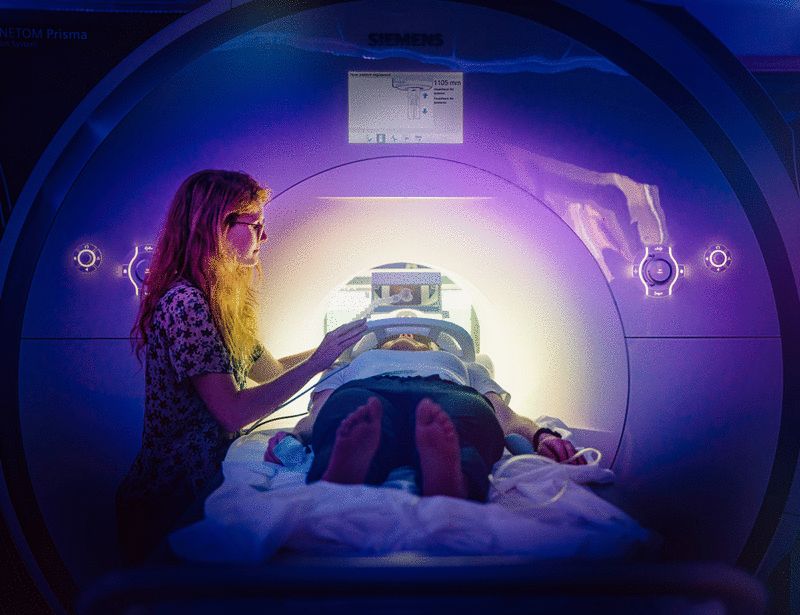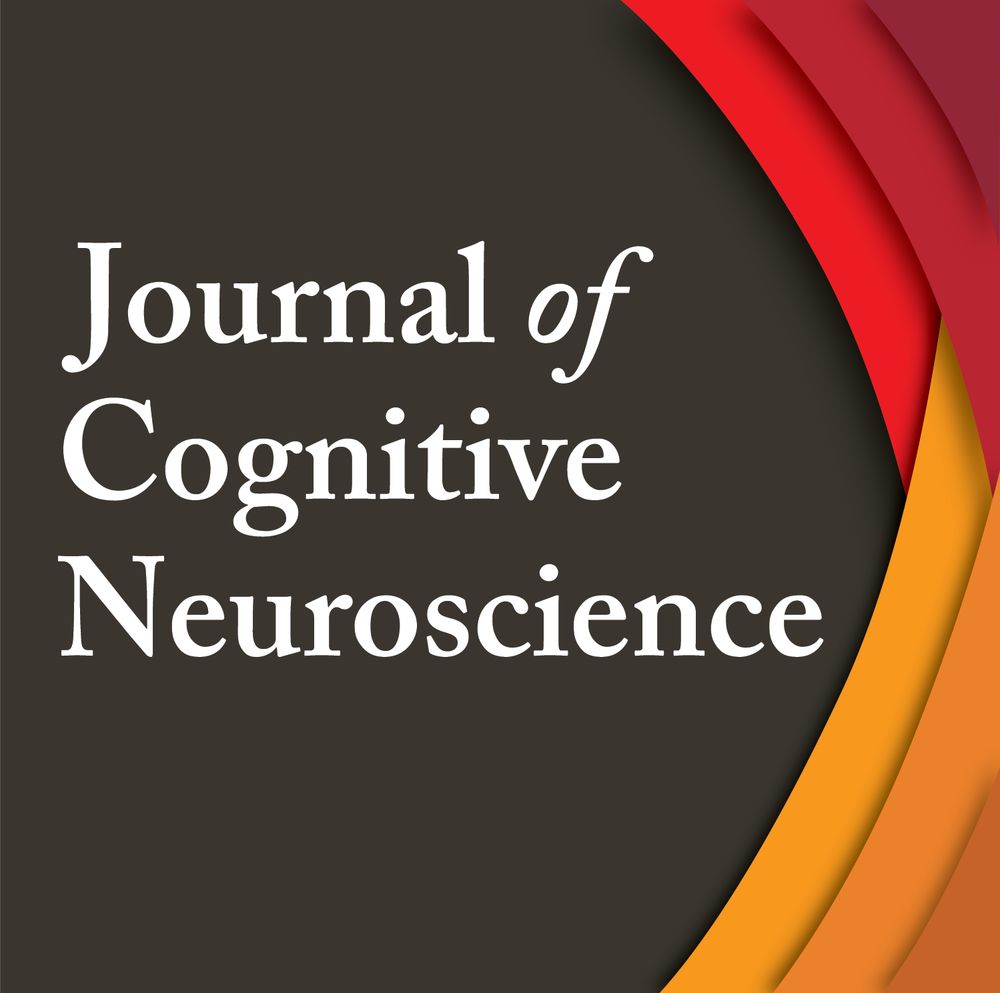
https://tristansyates.github.io/


onlinelibrary.wiley.com/doi/10.1111/...

onlinelibrary.wiley.com/doi/10.1111/...

@lauriebayet.bsky.social and I wrote the network modeling section about how DNNs can be used to test developmental theories 🧵

@lauriebayet.bsky.social and I wrote the network modeling section about how DNNs can be used to test developmental theories 🧵

Can our thoughts and feelings directly affect our physical well-being? Our pre-registered, double-blind RCT investigated this by testing if modulating the brain's reward system could enhance immune responses to vaccination.

Can our thoughts and feelings directly affect our physical well-being? Our pre-registered, double-blind RCT investigated this by testing if modulating the brain's reward system could enhance immune responses to vaccination.
p.s. the task design involves curating gift baskets.
pubmed.ncbi.nlm.nih.gov/41436249/

p.s. the task design involves curating gift baskets.
pubmed.ncbi.nlm.nih.gov/41436249/
More details (e.g. responsibilities): soc.stanford.edu/people/#join...
Apply here: careersearch.stanford.edu/jobs/social-...
More details (e.g. responsibilities): soc.stanford.edu/people/#join...
Apply here: careersearch.stanford.edu/jobs/social-...
Brain age modeling with fetal and neonatal neuroimaging data, featuring @huilisun.bsky.social and Dr. Kiho Im!
Register at: tinyurl.com/FAF3brainage

Brain age modeling with fetal and neonatal neuroimaging data, featuring @huilisun.bsky.social and Dr. Kiho Im!
Register at: tinyurl.com/FAF3brainage
Led by the inimitable Zekun Sun
This was my lab's first foray into event cognition
gift link: sciencedirect.com/science/arti...

Led by the inimitable Zekun Sun
This was my lab's first foray into event cognition
gift link: sciencedirect.com/science/arti...

It's an ambitious goal to write the entire history of humanity in just 400 pages. It's even more ambitious to do it without reading any research.

www.psychologicalscience.org/publications...

www.psychologicalscience.org/publications...
Encoding Models for Understanding High-Level Representations in Early Development, featuring Dr. Freddy Kamps and Dr. Sarah Jessen!
Register at: tinyurl.com/fitngFAF2rep...

Encoding Models for Understanding High-Level Representations in Early Development, featuring Dr. Freddy Kamps and Dr. Sarah Jessen!
Register at: tinyurl.com/fitngFAF2rep...
We showcase that by leveraging 7T for infants, we can improve data quality and thereby facilitate precision functional mapping in early development.
We showcase that by leveraging 7T for infants, we can improve data quality and thereby facilitate precision functional mapping in early development.
Functional alignment as a tool to improve and expand your analyses with FIT data, featuring @camerontellis.bsky.social
Register at: tinyurl.com/fitngFAF

Functional alignment as a tool to improve and expand your analyses with FIT data, featuring @camerontellis.bsky.social
Register at: tinyurl.com/fitngFAF

Check out our free, upcoming talks and register here: fitng.org/fitng-togeth...


@jocn.bsky.social's November issue presents a special focus on the development of event segmentation: #NeuroSky #cognition

@jocn.bsky.social's November issue presents a special focus on the development of event segmentation: #NeuroSky #cognition
Distinct paths to false memory revealed in hundreds of narrative recalls
paper: doi.org/10.31234/osf...
w/ phoebehc.bsky.social (co-first) Vy A. Vo @davidpoeppel.bsky.social @toddgureckis.bsky.social
thread below 👇
Distinct paths to false memory revealed in hundreds of narrative recalls
paper: doi.org/10.31234/osf...
w/ phoebehc.bsky.social (co-first) Vy A. Vo @davidpoeppel.bsky.social @toddgureckis.bsky.social
thread below 👇

